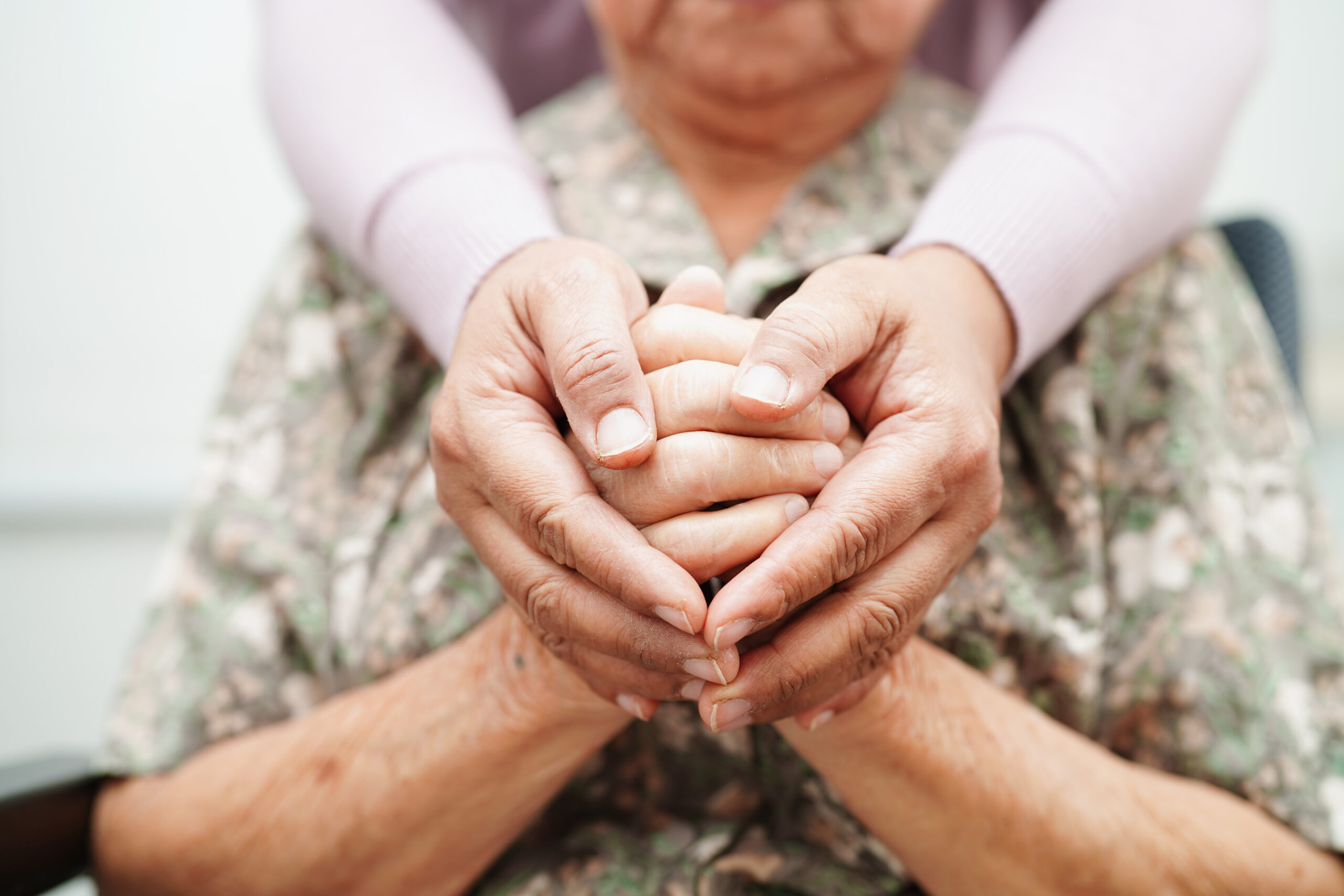I never knew what the trips were for. In fact, it wouldn’t be years later after my childhood was over that I would think to ask. But while I was six, seven, eight, I suffered the trip to Alexander’s (a long bankrupt department store that was everywhere during my childhood in New York) stoically because complaining was forbidden in my family. My mother was a disciplinarian who felt children did as they were told; and I was a perfect child as we waited in freezing weather every year to catch two buses to the major shopping area on Grand Concourse in the Bronx.
We had immigrated from Jamaica in 1968 and at that time my mother worked as a nurse’s aide in a Jewish nursing home. Each year, a couple of weeks before Christmas, we would brave the snow to travel to Alexander’s. If memory serves, it was the number 21 bus and it was unreliable and frequently packed. Sometimes I was so cold, I didn’t mind pushing into stuffed doorways just to escape the freezer that was New York in December.
One year I thought I was going to fare better because I had a new pair of boots. Sadly, I did not realise that being waterproof was essential in stopping toes from freezing from the wetness that leaked in. The boots were more attractive than practical.
I remember one year wondering if frostbite felt like the throbbing numbness that was the swelling pain of my toes. But I did not complain.
Once we arrived at the store, my mother spent hours picking though displays and piles of metal racks with nightgowns and robes. All of them had to be cotton, breathable, comfortable, modest, and most importantly, pretty. I knew she didn’t shop for herself or for the family, but it wasn’t until I was a teenager, and it came up (tangentially) in a conversation for whom we had shopped yearly.
The main thrust of the conversation was about the status of my mother’s job. I had casually asked (as I periodically did) how things were at the nursing home. She was silent for a few beats before she responded. She was restrained in her upset, but she had been accused of stealing an emerald ring from one of the residents. She hadn’t told anyone in the family about it, and it came up because this particular year I had queried why she was late in her yearly trip to Alexander’s. I had casually asked her, “When are you going to do your trip to Alexander’s?” I had noticed that she hadn’t made her yearly trip.
It was the first year I hadn’t been told I was going to accompany her. I lived with a teenager’s speculative joy – maybe I was free of this yearly chore – finally.
For the first time in as many years, I took a moment to pause and wonder about these yearly trips. She responded that her heart wasn’t in it.
Who were the nightgowns and robes for?
The new nightgowns and robes were for her forgotten patients. Those patients who had no visitors until they were close to death’s door and then suddenly their family would appear. (I should provide context to say that the home’s residents were mainly wealthy residents.)
When I asked if she had been buying these items with her own money, my mother paused and looked at me. “What else was I supposed to do? Their families left them in nightgowns with holes and threadbare robes that wouldn’t keep them warm. One woman’s backside was otta’ door,” she replied using Jamaican terminology at the end of the sentence in anger.
I pressed further, questioning why she would spend her hard-earned money on wealthy patients whose families should provide for them. My mother laughed in that dismissive way she did when she found the world unkind. “Are you sure they are wealthy? I clean up after them and make sure they are comfortable each day. Some of them never have any visitors until they are near death and then the family gather at the deathbed like jankro.” She shook her head. “That doesn’t seem wealthy to me.”
When I asked again about her spending her own money on them, she simply said, “It was the Christian thing to do. You should see how excited they would get out of wearing something warm and new. That’s why I always got cotton.” I recalled my impatience with her as my feet would ache from the cold as they thawed while she painstakingly read labels to ensure the cotton content of each individual nightgown or robe she considered. It all made sense now.
She sighed, “But they are going to check,” she said. She was visibly upset but restrained. A client was near death and the family was summoned. They hadn’t been to visit her in two years, but they all came to gather. Although she was over 90, my mother said that the resident rallied during the night. She was a strong woman and didn’t die that night. Possibly the presence of her family made her want to deny them the control over her legacy.
The next night my mother went to work, and the head nurse asked to see her. My mother was told the patient’s emerald ring was missing. One of the family members was pointing the finger at my mother and claiming that she must have stolen it.
I didn’t need to ask her whether she had taken it. Besides being a devout Christian who read her bible every day, my mother’s relationship with each piece of her jewellery didn’t fall under the realm of mere possession. Each piece had meaning. Each piece was paid off with money she set aside each month. The family friend who sold the gold pieces would set a particular piece aside for her, and then when the final payment was made, would give it to her in a lovely box and would thank her profusely for her business.
For my mother, there was no such thing as converting someone else’s jewellery because other people’s jewellery had no meaning for her. Her jewellery was well chosen, hard earned and personal in nature. She particularly loved the pieces that featured rubies. Ruby was her chosen first name and she liked each deep red jewel that she managed to save and purchase for herself. Even more so than pieces others gave her.
I’m not sure the details of what happened in the end. I do know that my mother continued to work there and retired after 25 years of service. I did ask her, but she indicated that the matter was resolved. Her face was closed, so I didn’t ask for any further clarification. She never told me whether they ever apologised for questioning her honesty or principles. But I do know that the proud woman I knew would never have forgiven or forgotten their accusation. My mother did not trust people outside the family and to her this would have been confirmation of her almost paranoid avoidance of others.
I no longer had to wait on late, packed buses in freezing cold weather that year or any other. My mother went on her own, but that was the only year I think that she missed. I think she was disheartened or possibly felt it would have brought too much attention to her at a time when she was under suspicion. Who knows? My mother would not speak of the matter ever again.
When I look back, I’m proud of her. Because for those forgotten patients, she was a little spark of Christmas and kindness in a world where they were mostly forgotten. In addition, she continued, continued after the unkindness for which she was targeted.
Although I no longer made the trip with her, she did occasionally silently bring the handful of packages to me, “Make it pretty,” she would say. I would wrap each individually and add ribbon to complement the gift. I’m sure this was part of the resident’s enjoyment. Opening a pretty Christmas gift at a time when you were forgotten. A small joy.
It was a bright memory for which I pause and reflect. What did it speak to my heart? It whispered that life’s kindness and touching another’s life positively isn’t in the sweeping, grand gestures.
It’s the small, quiet acts at key moments that touch others in waves that foster empathy. These are the ripples which connects us to each other. It’s resilient and everlasting even at times when a crueller world challenges our core convictions and would attempt to crush joy.






